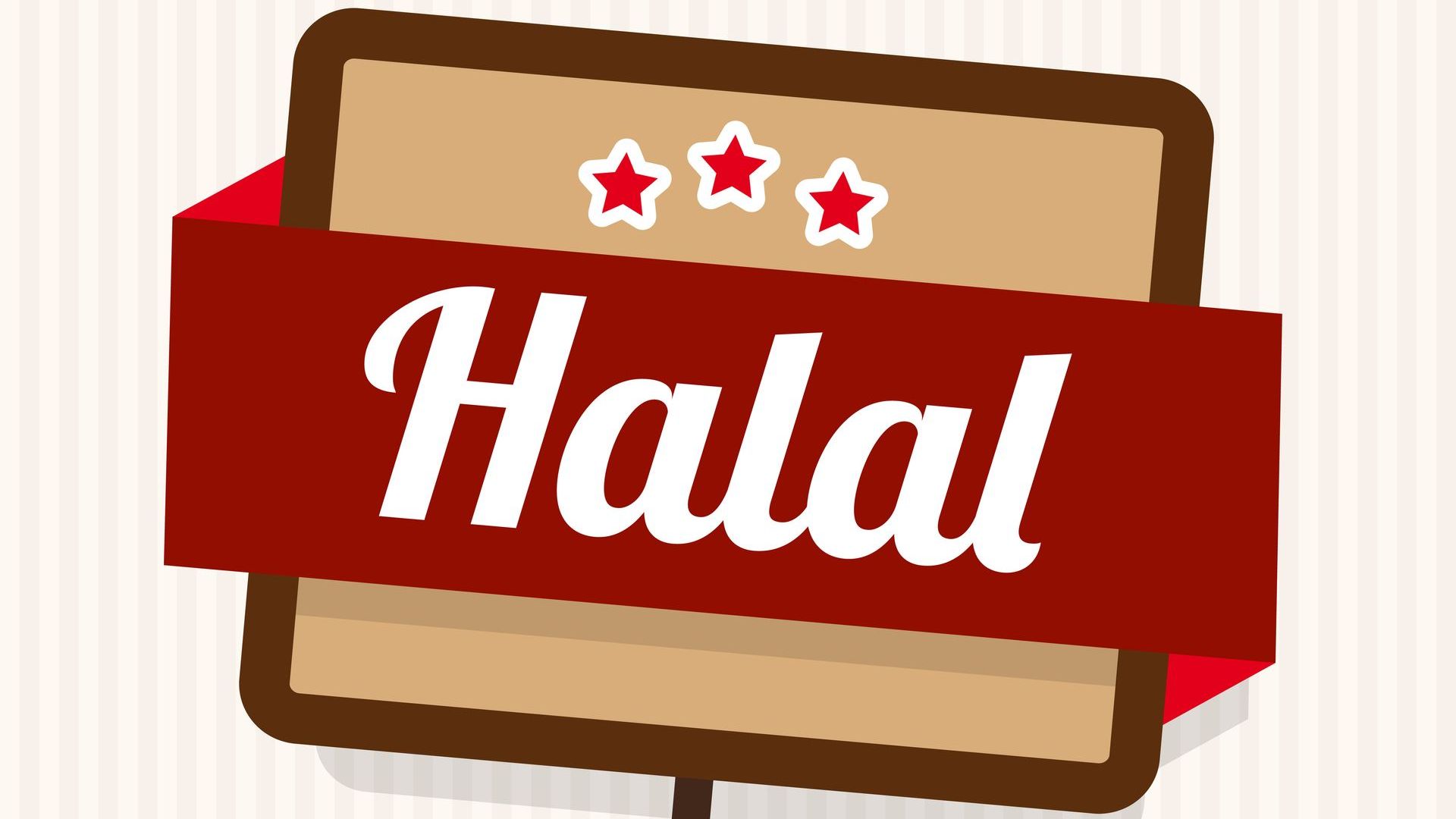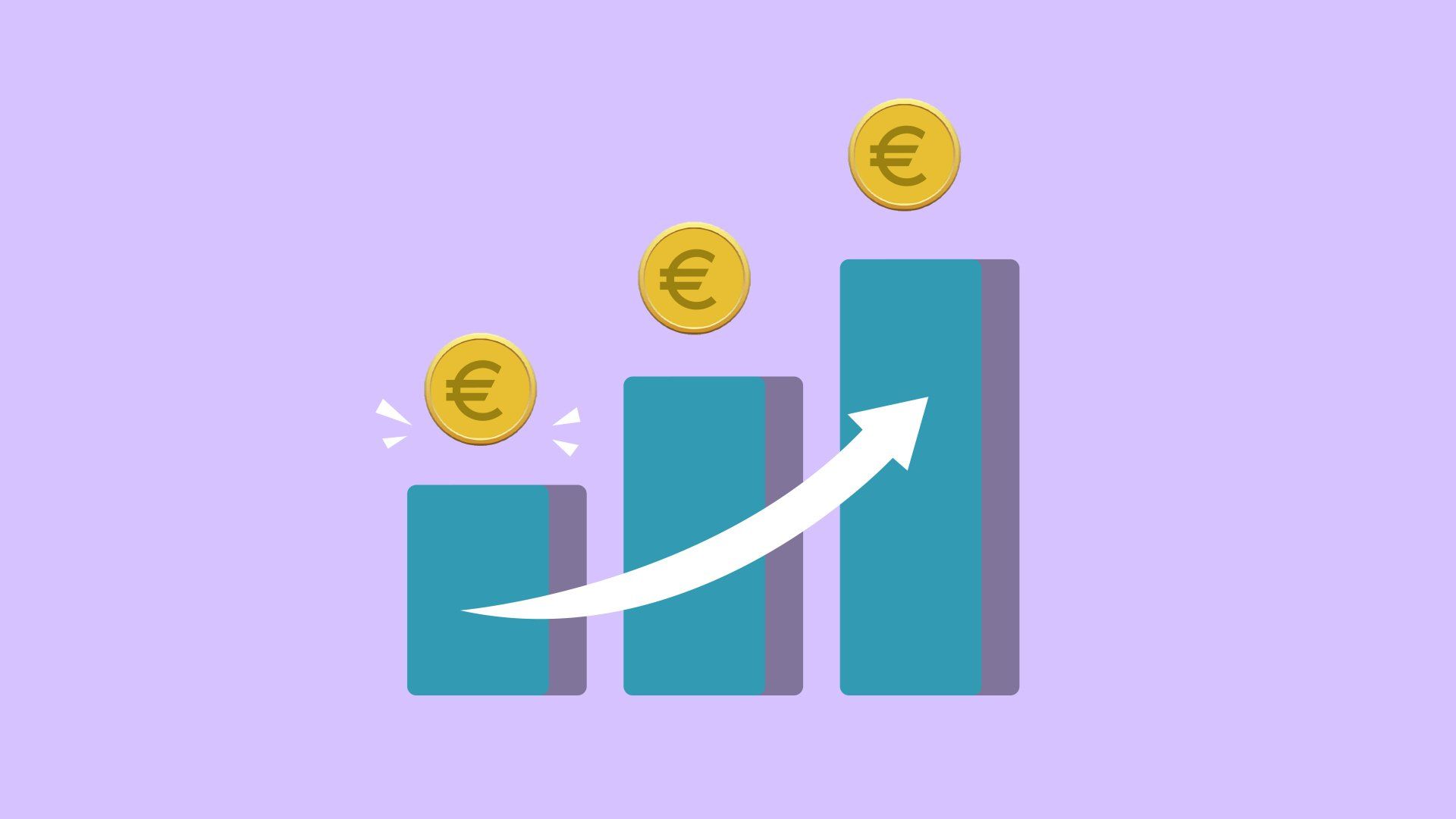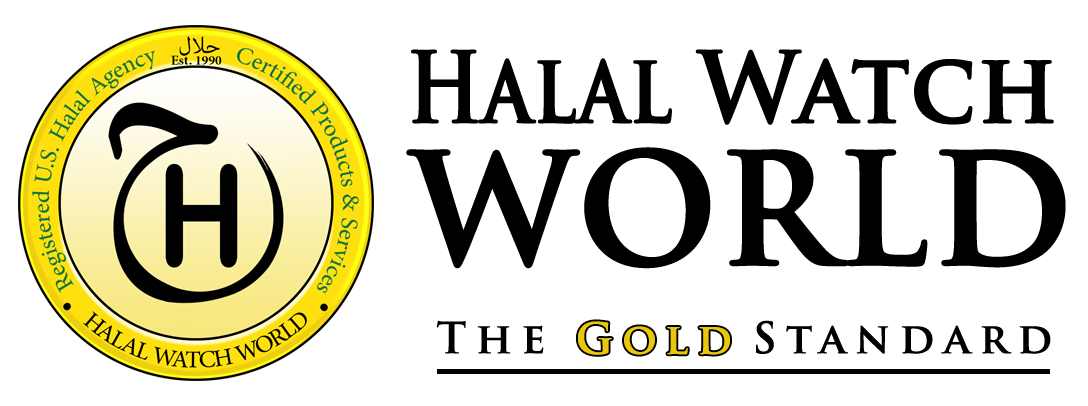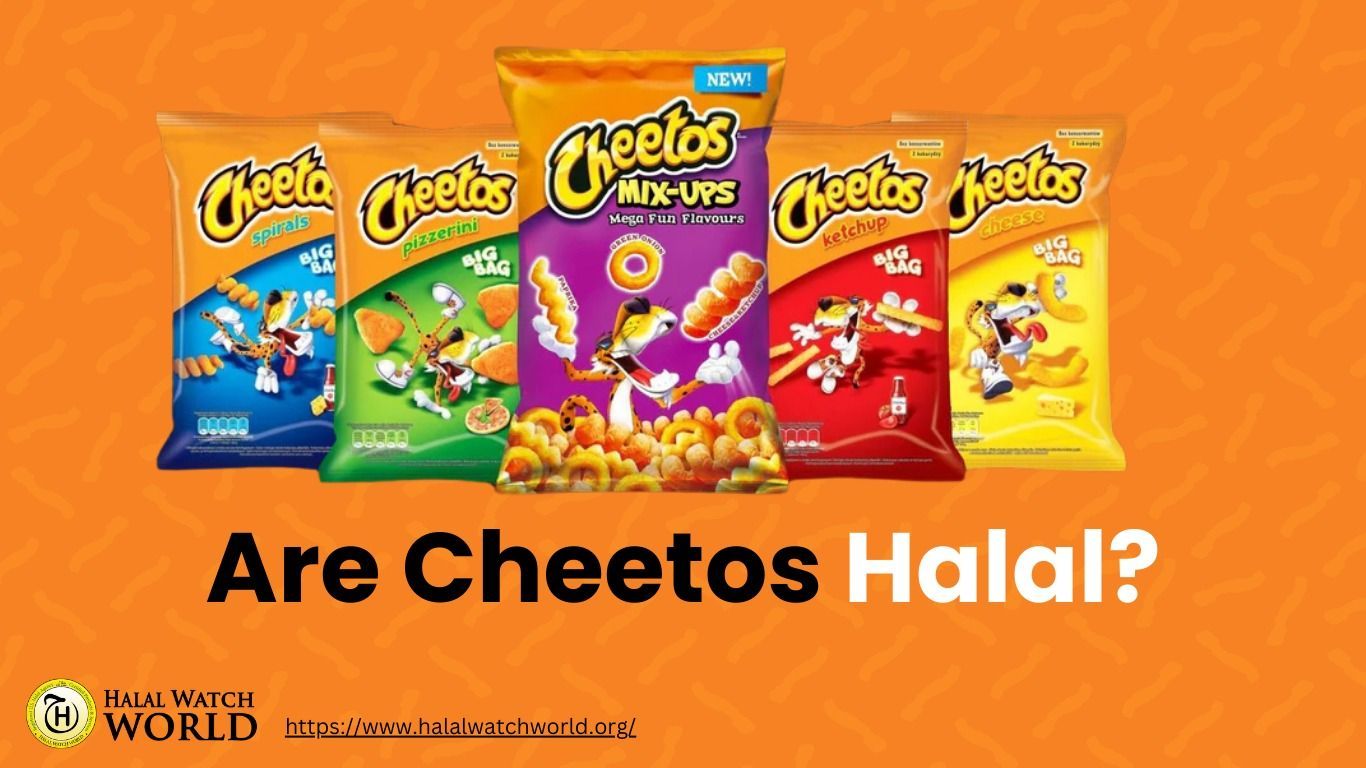1-877-HALAL-WW (+1-877-425-2599)
Halal Certification: The New Normal For 21st Century Business
Is Your Company Prepared?

The world has seen a considerable change in the landscape of food and beverage consumption over the past decade, with an increased focus on religious dietary laws, particularly Halal. As a concept originating from Islamic dietary laws, Halal has been transformed into a worldwide phenomenon, deeply influencing global markets and consumption patterns.
This transition isn't confined to the Muslim population alone.
More and more non-Muslim consumers are being drawn towards
Halal-certified products, significantly changing the perception of Halal from a foreign, misunderstood concept to an acknowledged and respected aspect of global food culture.

An Exploding Market and a Rising Consumer Base
The surge in the Halal market isn't merely incidental but a reflection of the growing Muslim population, which, according to a study by Pew Research Center, is expected to reach 3.05 billion by 2060. With these demographic shifts, the Halal market is projected to grow exponentially.
The global Halal food and beverage market size alone was valued at $1.8 trillion in 2020 and is expected to reach $2.6 trillion by 2023, as per a report from the State of the Global Islamic Economy.
Halal and Kosher Certification: A Comparative View
Kosher certification, a similar practice in the Jewish community, has been prevalent in the food industry for a considerable amount of time. Despite the global Jewish population being much smaller than the Muslim population, many companies have sought kosher certification to maintain their market credibility. According to the Pew Research Center, the global Jewish population is estimated to be about 14.7 million as of 2020.
Yet, this hasn't hindered the widespread adoption of kosher certification, setting a precedent for how religious dietary laws can shape the food industry. Businesses recognize the importance of kosher certification as a signifier of quality and a means to build trust with consumers. As a result, the kosher food market is thriving, with an estimated worth of around $24.6 billion in 2020 and an expected growth to $26 billion by 2023.
The sentiment towards Halal certification should be viewed in a similar light. With a global Muslim population expected to reach 3.05 billion by 2060 [^1^], the potential for the Halal market vastly outstrips the kosher market. Yet, the global Halal food and beverage market, while significantly larger at $1.8 trillion in 2020, still has enormous potential for growth [^2^].
Thus, it is crucial that the importance and potential impact of Halal certification be recognized and valued as much as Kosher certification. If companies aim to maintain credibility and expand their reach, obtaining a Halal certification should be seen as an imperative step.
Changing Perceptions: From Misunderstanding to Appreciation
The perception of Halal, particularly among non-Muslims, has undergone a sea change. Historically, many non-Muslim consumers viewed Halal as a foreign concept or associated it with misinformed stereotypes. A prominent instance of this was when certain groups in Australia incorrectly portrayed Halal certification as supporting terrorism. These claims were thoroughly debunked, reinforcing that Halal certification is simply a verification process ensuring products meet specific dietary laws.
Today, the perception has radically shifted, with non-Muslim consumers increasingly viewing Halal as a symbol of quality assurance, hygiene, and ethical consumerism. This shift reflects a broader trend of consumers seeking transparency and accountability in food production. Halal certification represents these values, fostering a sense of trust between the consumer and the product.
Halal Certification: An Avenue for Business Expansion
The rise in demand for Halal-certified products has seen companies respond by seeking Halal certification to serve this expanding market. It's not just about meeting religious dietary requirements; it's about recognizing and catering to a sizable, previously underserved market.
Dirk Mampe of German chemicals company BASF said, "There is a trend that these halal products are being requested more and more, and the importance of being able to supply them is increasing." By obtaining Halal certification, these businesses are not only expanding their market reach but also building a relationship of trust with a large customer base.

Halal Watch World: Trust and Credibility in Halal Certification
One of the leading players in this transformative journey is Halal Watch World. With a credible reputation, years of experience in international servicing, and an in-depth understanding of Halal certification processes, Halal Watch World has become the go-to organization for businesses aiming to navigate the Halal market. Its robust certification process provides reassurance to both businesses and consumers that products are genuinely Halal, meeting stringent quality standards.
In this rapidly expanding and increasingly important market, Halal Watch World is perfectly positioned to guide businesses into the future. The rising demand for Halal-certified products, paired with Halal Watch World's commitment to integrity and quality, ensures businesses can confidently serve this growing consumer base.
With the continued growth and increasing global acceptance of Halal certification, the future is bright. The market is set to continue its expansion, driven by a growing consumer base and changing perceptions of Halal as not just a religious dietary law but a signifier of quality, accountability, and ethical consumerism.







